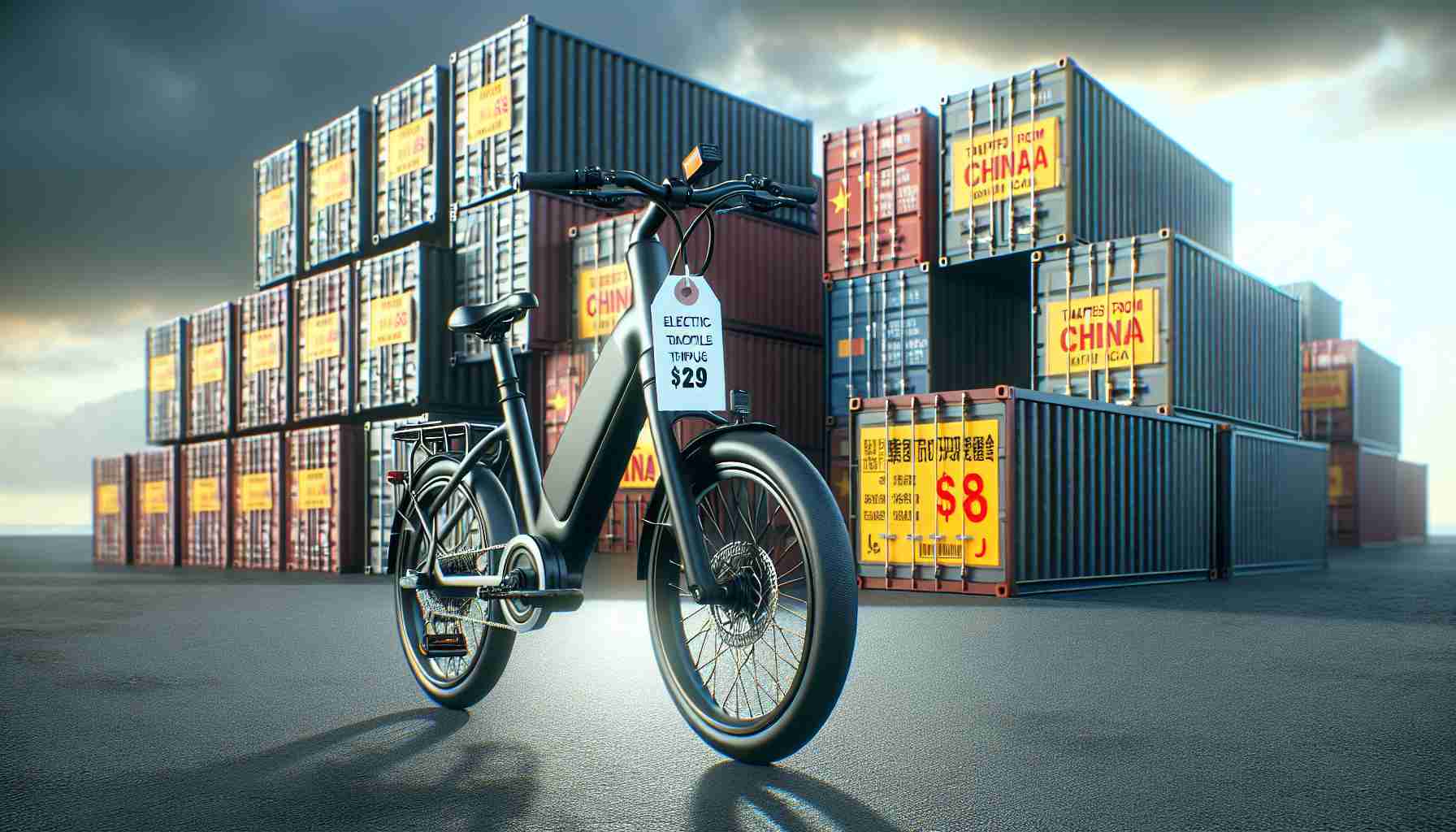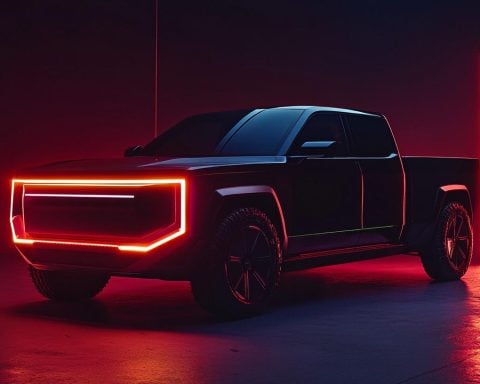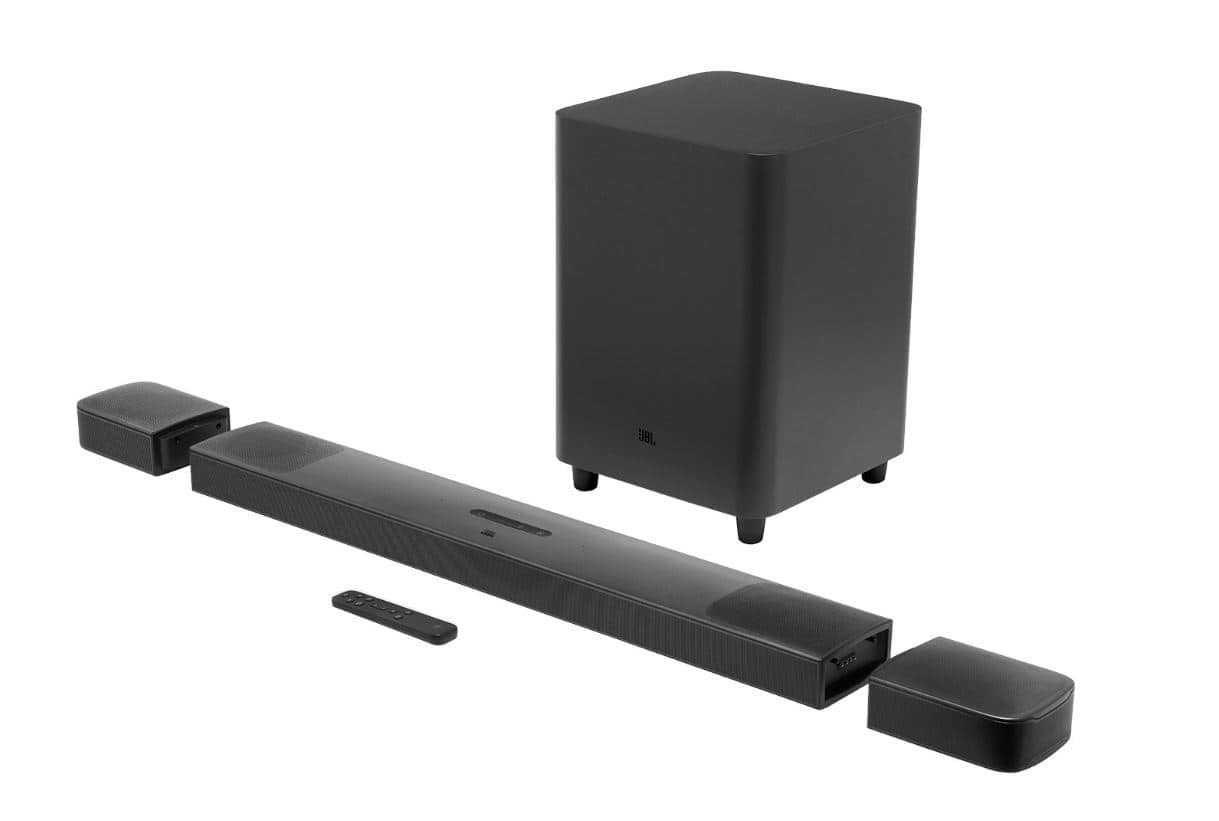The recent announcement by the Biden Administration imposing new tariffs on imported goods from China has left many wondering if electric bicycles will be impacted. As the primary manufacturers of e-bikes globally, China plays a significant role in the US market. Any changes in tariffs on Chinese electric bicycles have the potential to send shockwaves through the industry.
Although the Biden administration has implemented 100% tariffs on Chinese electric vehicles (EVs), it remains unclear which specific types of EVs are included. The objective behind these tariffs is to protect American automakers from having to directly compete with Chinese automakers in terms of pricing, which could potentially disrupt the US auto industry.
However, electric bicycles have previously been caught up in trade wars between the US and China. This creates apprehension among e-bike riders who fear that they may also be affected by the new tariffs.
The lack of clarity surrounding the specific details of the tariffs is due to the limited information provided by the Biden administration. While an official statement has been released explaining the purpose behind the new tariff increases, the specific products included are yet to be detailed.
Although electric bicycles are considered consumer products rather than motor vehicles in the US, it is uncertain whether they will be exempt from the 100% tariffs targeting Chinese electric vehicles. Customs and Border Protection, the agency responsible for handling US imports and exports, focuses solely on international importation classification rather than domestic regulation classification.
In the past, during the Trump administration, electric bicycles were initially subject to sweeping 25% tariffs on Chinese imports. However, over time, exemptions were granted, allowing for tariff exclusions for e-bikes. These exemptions were periodically renewed, though occasionally with gaps in between renewals.
Until Customs and Border Protection provides a comprehensive list of the electric vehicles affected, it is impossible to determine if e-bikes will be included in the 100% tariff categories. However, it is safe to assume that cheaper Chinese electric vehicles may become less accessible in the US market.
At present, it is uncertain whether electric golf carts, e-motorcycles, or e-bikes will be affected by the new tariffs. Without clear and detailed information, speculation is futile. Ultimately, both Chinese and American automakers face limitations and challenges, potentially stifling market growth and innovation for electric vehicles.
The electric bicycle industry has seen significant growth over the years, with China being the primary manufacturer and supplier of e-bikes globally. The imposition of new tariffs on imported goods from China by the Biden administration has raised concerns about the impact on electric bicycles in the US market.
The objective of these tariffs is to protect American automakers from competing directly with Chinese automakers in terms of pricing. However, it is unclear which specific types of electric vehicles are included in the tariffs, leaving the electric bicycle industry in a state of uncertainty.
In the past, electric bicycles have been caught up in trade wars between the US and China. During the Trump administration, e-bikes were initially subject to 25% tariffs on Chinese imports. However, exemptions were later granted, allowing for tariff exclusions for e-bikes. These exemptions were periodically renewed, but there were occasional gaps in between renewals.
The lack of clarity surrounding the specifics of the tariffs is due to limited information provided by the Biden administration. While an official statement has been released explaining the purpose behind the tariff increases, the specific products included are yet to be detailed.
Customs and Border Protection, the agency responsible for handling US imports and exports, focuses on international importation classification rather than domestic regulation classification. Therefore, it remains uncertain whether electric bicycles, which are considered consumer products rather than motor vehicles, will be exempt from the 100% tariffs targeting Chinese electric vehicles.
The potential impact of these tariffs on the electric bicycle industry could be significant. Cheaper Chinese electric vehicles, including e-bikes, may become less accessible in the US market, leading to market limitations and challenges for both Chinese and American automakers.
In conclusion, the recent announcement of new tariffs on imported goods from China has raised concerns about the impact on electric bicycles. The lack of clarity surrounding the specific details of the tariffs creates uncertainty for the industry. Until Customs and Border Protection provides a comprehensive list of the affected electric vehicles, it is impossible to determine the exact impact on e-bikes. The industry faces potential limitations and challenges, which could hinder market growth and innovation for electric vehicles.






















